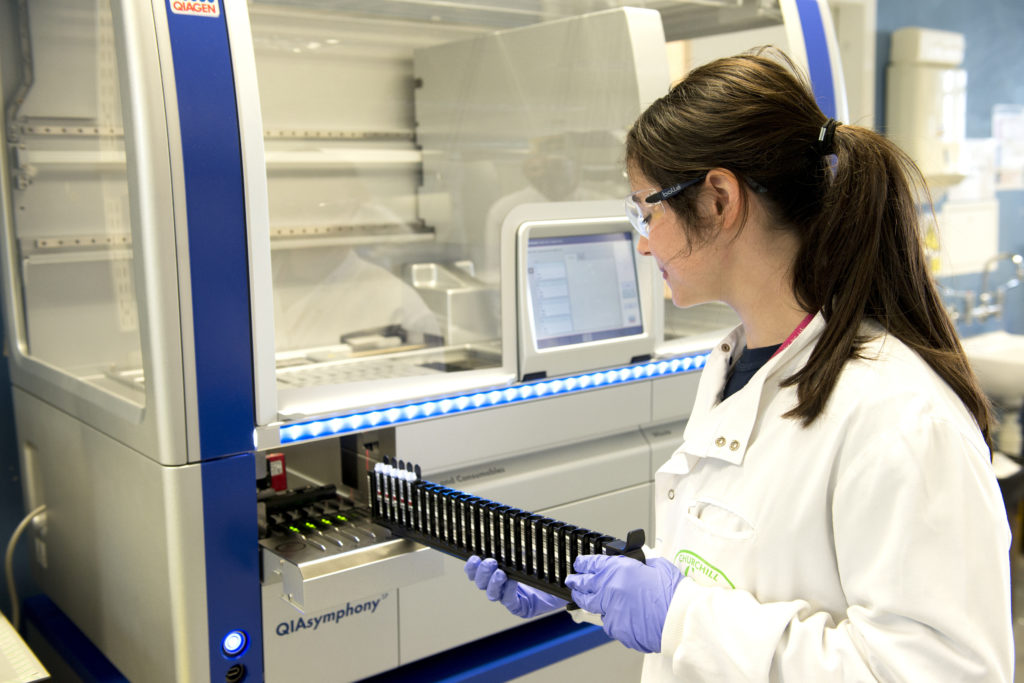A study has found that government investment in healthcare research is good for the wider economy.

The research, supported by the NIHR Oxford Biomedical Research Centre (BRC), found that the return on investment in the Oxford BRC was 46% in terms of income and job creation alone.
The paper, ‘A macroeconomic assessment of the impact of medical research expenditure: A case study of NIHR Biomedical Research Centres’, was published in the Plos One journal.
There are a number of methodologies for measuring research impact; one that has been widely used is the Payback Framework, which aims to capture the full life-cycle of biomedical research, from the initial concept to the eventual health, economic and societal benefits.
However, finding the data this framework requires over lengthy time lags is a major difficulty and, conscious that health benefits may not be realised for several years, the Oxford researchers decided to focus on the shorter-term economic returns by using an input-output analysis framework, which is often used to assess the impact of major government spending projects on other aspects of regional economies.
One of the paper’s authors, Prof Alastair Gray of the Nuffield Department of Population Health, said: “We used the input-output framework as it is considered a reasonable way of measuring the economic impact of government investment or other changes at the regional level. What it showed, when used to assess the impact of spending on the Biomedical Research Centre, was interesting: for every pound invested in medical research, the impact in terms of other parts of the regional economy is an additional 46 pence of economic activity.
This beneficial impact could be created by researchers employed by the BRC buying homes, using regional suppliers to buy biomedical equipment, or commissioning new building or lab facilities.
“That 46% rate of return is higher than most current estimates obtained using a payback approach, and higher than the government would consider a reasonable rate of return on a public sector investment,” Prof Gray explained. “And of course we are only looking at the economic benefit, and not taking into consideration, for example, the significant health benefits associated with that investment.”
The study showed that an investment of £98m in the Oxford BRC between 2007 and 2017 resulted in an estimated additional 196 full-time equivalent positions being created in South Eastern regional economy on top of direct employment in the BRC
The researchers excluded subsequent public research funding secured following the introduction of the Oxford BRC to avoid double-counting, as some of this activity would have occurred independent of the expenditure on the BRC.
Another of the study’s authors, Dr Joel Smith, the Oxford BRC’s Health Economist, said: “Given the likely additional benefits arising from the initial investment, our estimates on the return on investment are fairly conservative. Nonetheless, the estimated results of the return on investment for this BRC exceed the UK Government’s minimum threshold of 3.5% for investments and so provide economic justification for continued investment in such research centres.”